Pumpkin is a nutritious food, not only commonly used in daily meals, it also has uses in supporting disease treatment.
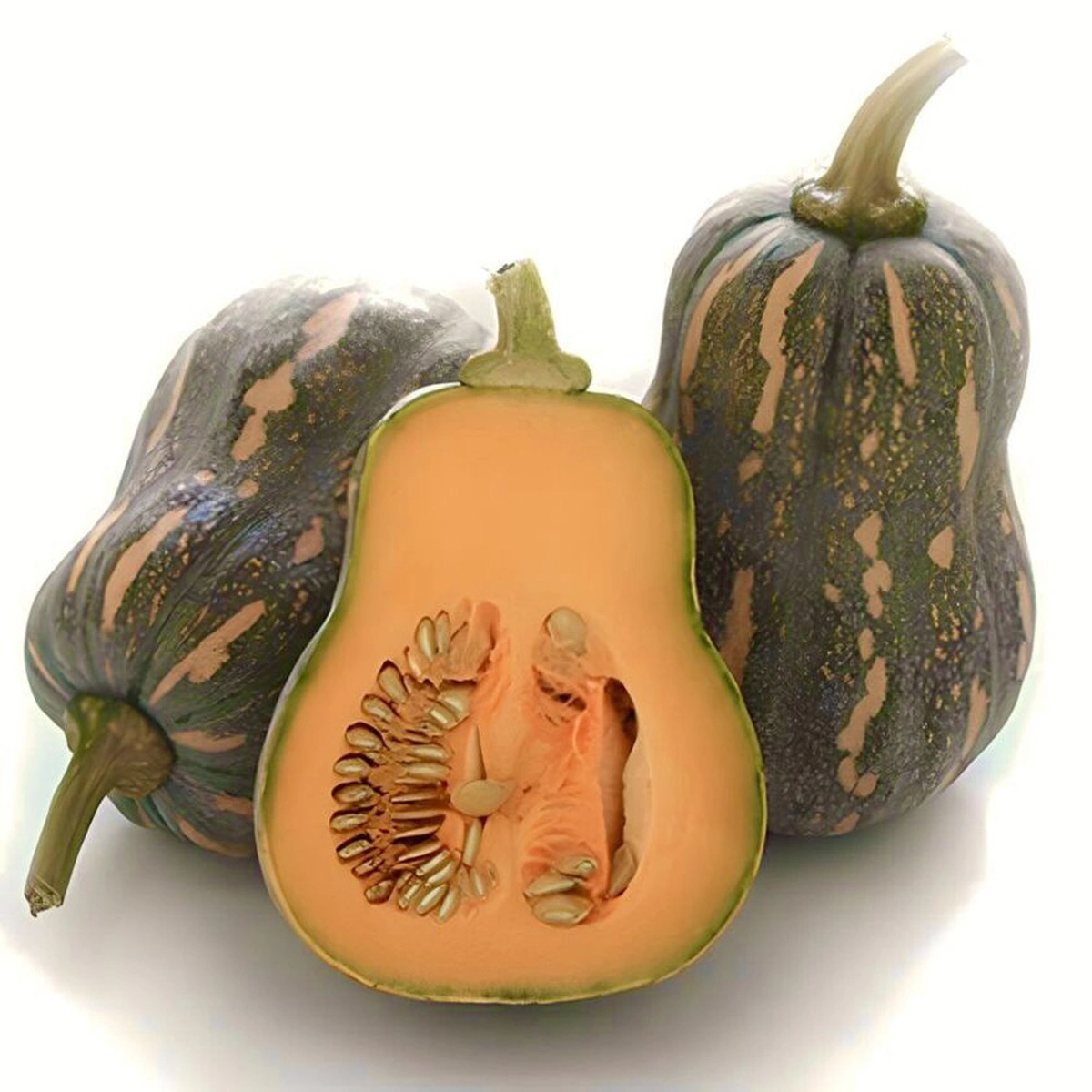
Pumpkin contains many nutrients that are very good for the body, and also has the effect of supporting disease treatment - Illustration photo
Pumpkin is very nutritious
Doctor Le Nhat Duy - University of Medicine and Pharmacy Hospital, Ho Chi Minh City, Facility 3 - said that pumpkin, also known as squash, is a nutritious food, not only commonly used in daily meals but also has many wonderful uses in supporting disease treatment.
However, it is important to consume pumpkin in moderation to reap its maximum health benefits without causing any unwanted side effects.
Doctor Duy said that pumpkin is warm and sweet, especially good for the spleen and stomach (two digestive organs according to Oriental medicine).
This food has many outstanding effects such as supporting digestion, helping to nourish the body, cooling, detoxifying, and even reducing cough and phlegm.
In traditional medicine, pumpkin is also considered to have the effect of regulating blood sugar, supporting people with diabetes.
According to modern medicine, pumpkin contains many antioxidants such as beta-carotene, which helps protect the body from free radicals, reduce the risk of cancer and protect eyesight.
In addition, pumpkin also helps strengthen the immune system, supports weight loss thanks to its rich fiber and low calorie content, while helping maintain cardiovascular health and stabilize blood sugar.
How to use pumpkin?
Dr. Duy said that although pumpkin is very good for health, consuming it in large quantities can cause carotene accumulation, making the skin yellow.
To avoid this situation and ensure nutritional balance, each person needs to pay attention to the dosage of pumpkin.
Adults: Using about 150-200g of pumpkin per day (equivalent to about 1/4 to 1/2 a small pumpkin) is the appropriate amount to provide enough nutrients the body needs.
Pumpkin can be used in porridge, soup, stew or cooked, lightly steamed.
For children: Should eat 50-100g per day, depending on age. Pumpkin is very good for children's eyesight thanks to its high vitamin A content.
People with diabetes can use about 100-150g per day, but need to combine with a healthy diet to avoid sudden increase in blood sugar.
Although pumpkin is good, it is not recommended to eat pumpkin every day for a long time. Eating pumpkin 2-3 times a week is ideal. Excessive consumption can lead to jaundice and put pressure on the liver.
In addition, people with weak spleen and stomach, whose bodies are susceptible to cold and have poor digestion, should limit eating too much pumpkin because it can cause bloating and indigestion.
Dr. Duy also noted that pumpkin contains natural sugar, so people with diabetes should eat pumpkin in moderation and avoid fried or stir-fried dishes with a lot of oil.
Pumpkin can be prepared in many different ways, but to retain its nutrients, simple cooking methods such as steaming, boiling or making soup are best.
"Pumpkin is a golden food in supporting health, from improving digestion, enhancing immunity, protecting the cardiovascular system to supporting diabetes treatment.
However, pumpkin should be used in moderation, avoiding eating too much and continuously to best protect health," Dr. Duy emphasized.
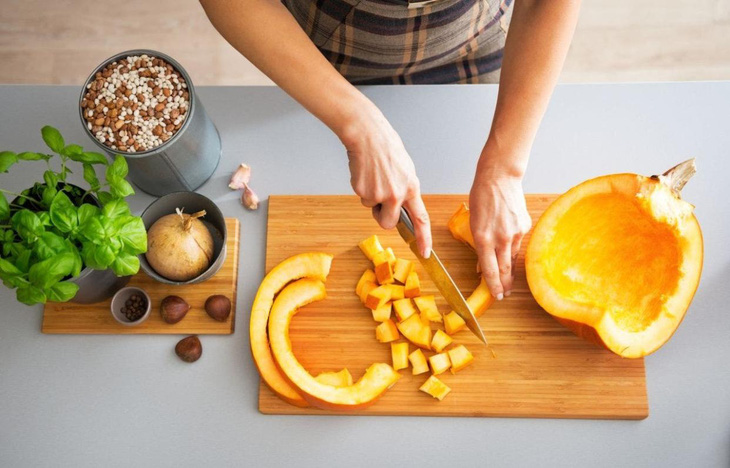 How healthy is eating pumpkin?
How healthy is eating pumpkin?Source: https://tuoitre.vn/bi-do-giau-dinh-duong-giam-nguy-co-mac-ung-thu-nhung-ai-nen-han-che-an-20241021163129886.htm













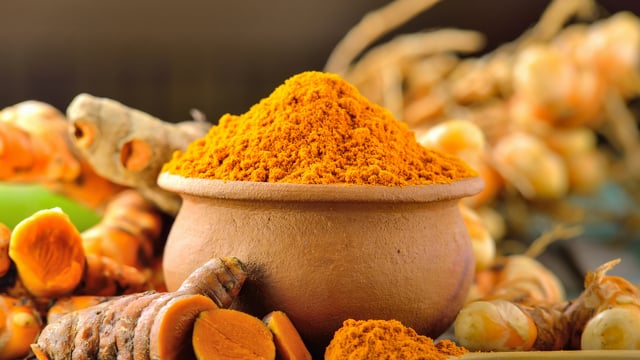

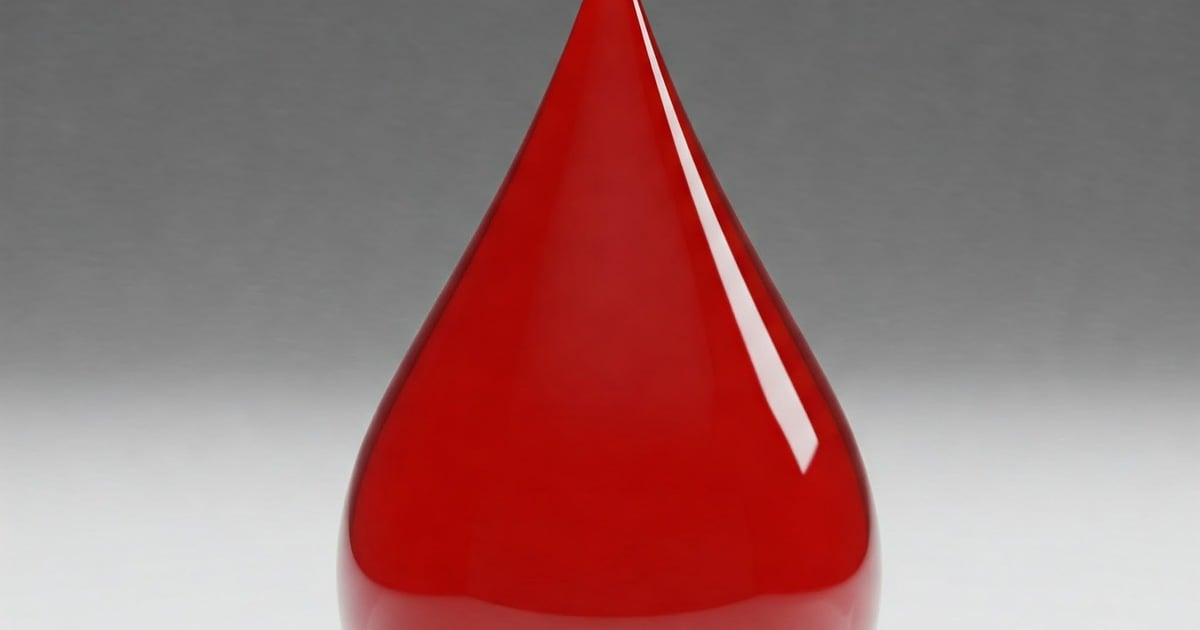
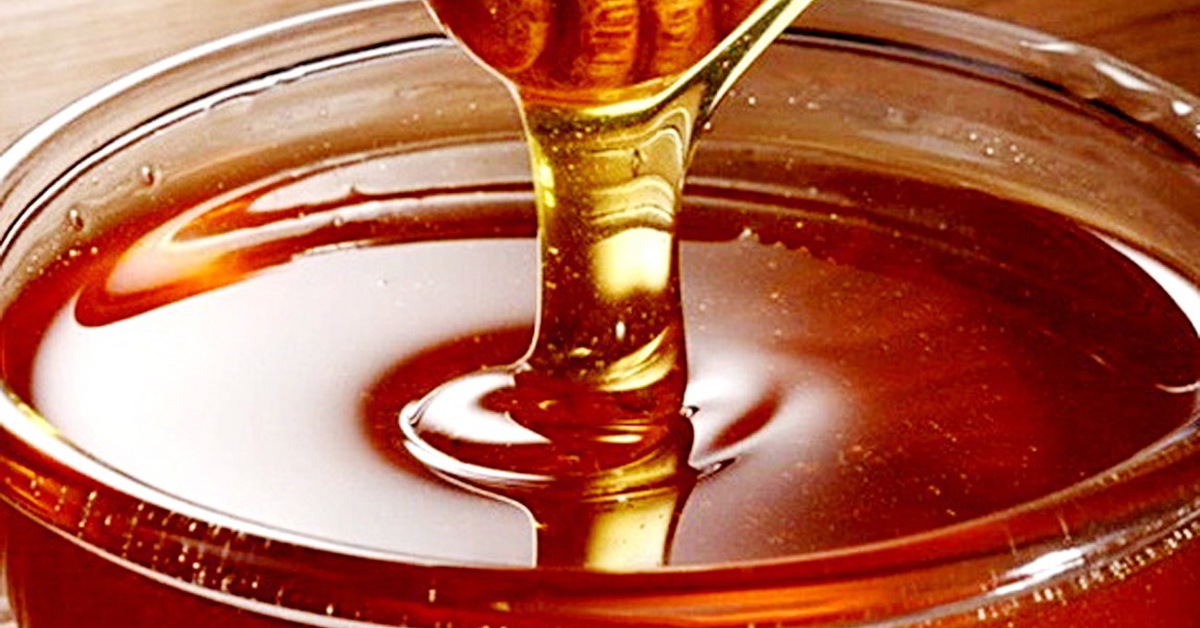







































































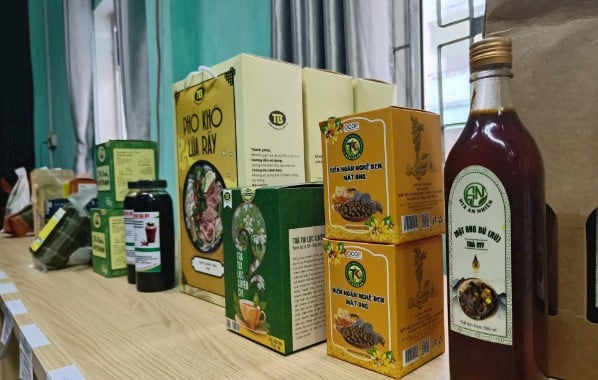


Comment (0)